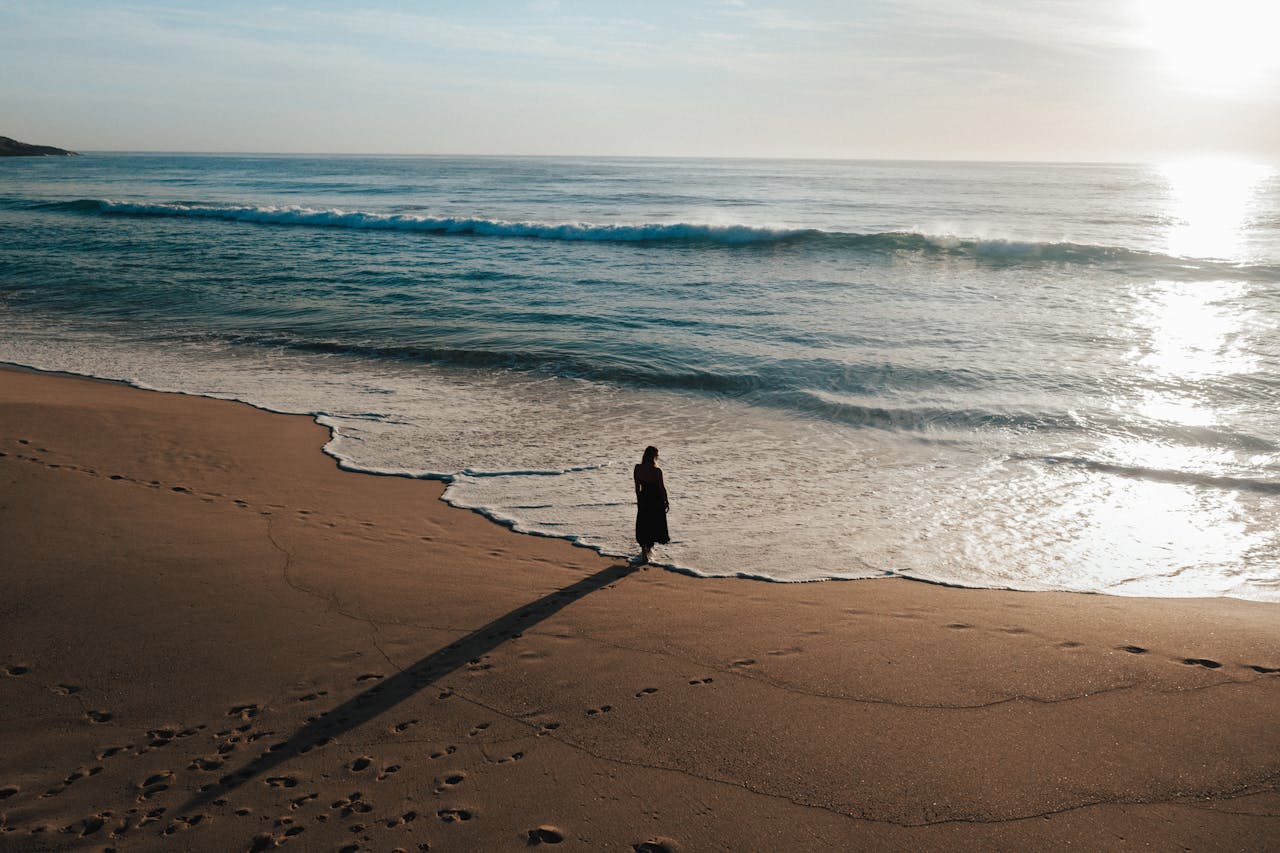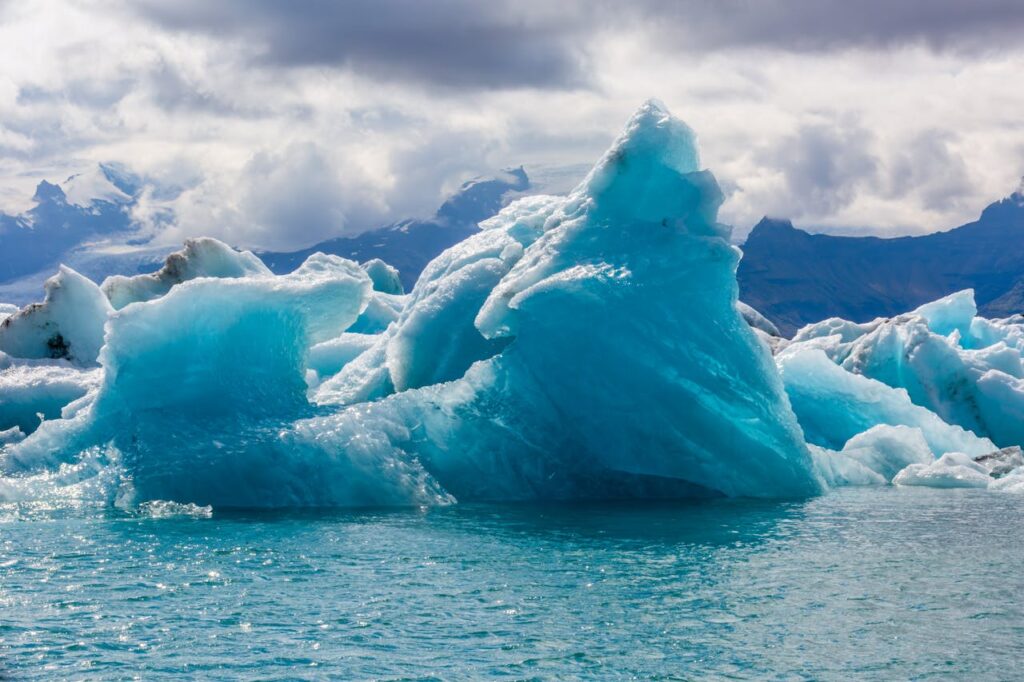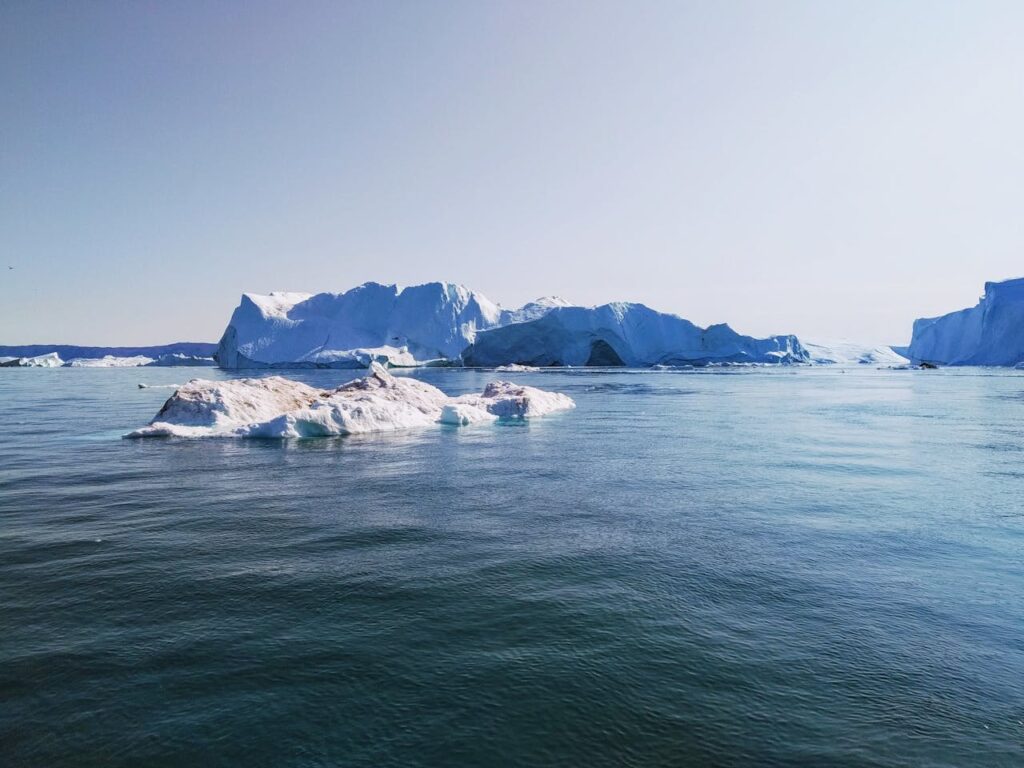Rising Seas Reveal How Deeply Humanity Has Forgotten Its Place

Have you ever stopped to think about how the planet breathes with us? Every inhale we take is shared with trees that stood long before us, every drop of water we drink has cycled through the veins of the Earth for millions of years. Yet somewhere along the way, we forgot that connection. We began to live as if the planet were a backdrop, not a body we are part of. Now the Earth is speaking again, not through words but through movement, through rising waters and changing skies, reminding us that its pulse and ours are the same.

Scientists have discovered that sea levels are climbing faster today than they have in four thousand years. Beneath that number lies a deeper truth. The Earth is not simply reacting to what we do; it is reflecting what we have become. Climate change is not just a story about science or policy. It is a mirror held up to our collective behavior, asking us to remember that every choice, every action, and every moment of awareness ripples far beyond ourselves.
The Ocean Is Rising and So Are We
Imagine the ocean as a memory keeper. Every wave carries the story of what we’ve done and what we’ve ignored. For thousands of years, that story was calm, steady, and balanced. Then something changed. Around the year 1900, scientists say the rhythm of the sea began to quicken. The water started to climb at a rate the planet had not seen in four thousand years. According to a study in Nature led by Yucheng Lin of Rutgers University in collaboration with Australia’s national research agency, global sea levels have been rising by about 1.5 millimeters each year, and that pace keeps accelerating as the planet warms.
When we hear numbers like that, they can feel distant, like trivia for textbooks. But these aren’t statistics; they are reflections of us. “The global mean sea level rise rate since 1900 is the fastest rate over at least the last four millennia,” Lin said. Think about that. For four thousand years, the oceans maintained balance, then within the span of a few generations, they began to rise faster than ever recorded. This is not a random fluctuation or a natural cycle. It is the planet responding to our own rhythm of consumption, energy use, and expansion.

What scientists like Lin and Robert Kopp discovered is that warming oceans expand, glaciers melt, and ice sheets lose mass year after year. Together, they have turned stability into motion. And while this shift threatens millions living along coastlines, it also reveals something powerful. The Earth is showing us what happens when we forget how to listen. Rising seas are not the enemy. They are a mirror, reflecting how deeply the health of the planet and the health of humanity are intertwined. The tide is not simply climbing over land; it is calling us to rise in awareness, in responsibility, and in compassion.
The Earth Remembers What We Forget
Every piece of coral, every layer of mangrove soil, holds a message from the past. When Yucheng Lin and his team of scientists began examining these ancient records, they uncovered more than evidence of change; they uncovered continuity. Their study gathered geological data from reefs, sediments, and peat formations across the planet, allowing them to trace how the ocean has evolved since the last major ice age more than twelve thousand years ago. Each layer served as a timestamp, marking how water, temperature, and life have always moved together in delicate rhythm.
By aligning these natural records with today’s satellite and tide gauge measurements, the team revealed how human activity has introduced a new tempo to that ancient rhythm. The Earth once changed slowly, giving generations time to adapt. Now, within the space of a few lifetimes, the temperature of the ocean and the melting of ice have accelerated beyond any pattern seen before. “Getting warmer makes your ocean take up more volume,” Lin explained. “And the glaciers respond faster because they are smaller than the ice sheets, which are often the size of continents.”

What makes this discovery remarkable is not only its scale but its clarity. The consistency of the data across multiple regions confirms that what is happening is not isolated or cyclical; it is global. The ocean’s expansion is a direct reflection of the heat absorbed by the planet. For the first time, scientists have a continuous record linking our modern age to the deep past, proving that the stability of four millennia has shifted. That knowledge is more than science; it is perspective. It reminds us that we are participants in a story that began long before us—and one we still have the power to rewrite.
The Illusion of Later
We have been taught to think of the Earth in terms of tomorrow. We say we will act when we have more time, when the technology improves, when the next generation takes over. But the planet does not live in “later.” It moves only in now. Scientists can measure how much the ocean has risen, how much ice has melted, how much heat the atmosphere has absorbed. What they cannot measure is the cost of waiting.
The data shows us what is happening, but our perception of time shapes whether we respond. Every degree of warming, every centimeter of sea rise, began as a choice postponed. Humanity’s greatest illusion is that change is something that can wait until it feels comfortable. Yet every forest fire, flood, and heatwave reminds us that time is not a resource we can stretch. The same seconds that build a delay also build a consequence.

The good news is that awareness collapses that illusion. When we act with presence, the future changes instantly. Whether that action is reducing waste, voting for sustainability, or simply paying attention to the natural world, it counts. Every mindful choice is a form of climate repair. Because the truth is, we do not live in an era of endings. We live in an era of decision. The question is not whether the Earth can heal. It is whether we can show up in time to remember that healing begins the moment we do.
When the Screen Replaced the Sky
Somewhere along the way, we stopped looking up. We traded sunsets for screens, silence for scrolling, and the rhythm of the natural world for the rhythm of notifications. The more time we spend inside glowing rectangles, the further we drift from the one reality that sustains us. The Earth keeps changing, but many of us are too distracted to notice. Our attention has become another resource under strain.
Scientists can tell us how the oceans are warming and the glaciers are thinning, but what they cannot measure is how this digital distance dulls our empathy for the planet itself. When the mind is overstimulated, the heart grows numb. The connection between humanity and nature weakens not because the Earth has stopped speaking, but because we have stopped listening. Studies on mental health show that time spent in nature lowers cortisol, improves focus, and restores emotional balance. Yet, for many, the only green they see in a day glows from a screen.

Reconnection does not require abandoning technology; it requires awareness. The next time you scroll, look up. The next time you post, step outside and breathe. The sky has no filter, and it does not need one. Every moment you choose to be fully present is a moment of healing not just for you, but for the planet that has been waiting for you to remember what real connection feels like.
The World Is Not Ending It Is Remembering
We talk about saving the planet as if the Earth were something fragile outside ourselves. But the truth is, the planet does not need saving. It needs remembering. The Earth has survived meteors, ice ages, and endless cycles of change. What it has never experienced until now is a species that forgot it was part of her. The rising seas, the shifting seasons, the fires, and the floods are not her punishments. They are her messages. The Earth is not fighting us. It is speaking in the language of movement and reflection, asking whether we will listen before the lesson becomes louder.

So pause. Step outside. Feel the wind on your skin and the pulse beneath your feet. The same force that moves through the ocean moves through you. When we remember that, the story changes. The end becomes a beginning. Healing the Earth has never been about rescuing something broken. It has always been about remembering that wholeness has been here all along, waiting for us to return.
Featured Image from Pexels
Loading...

